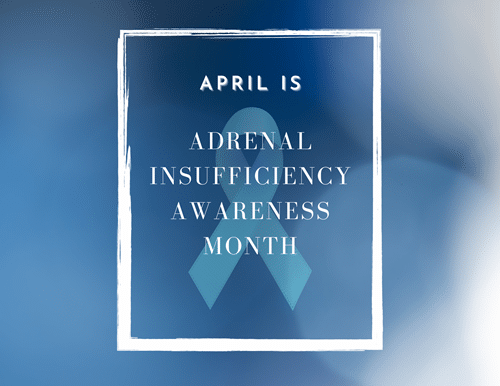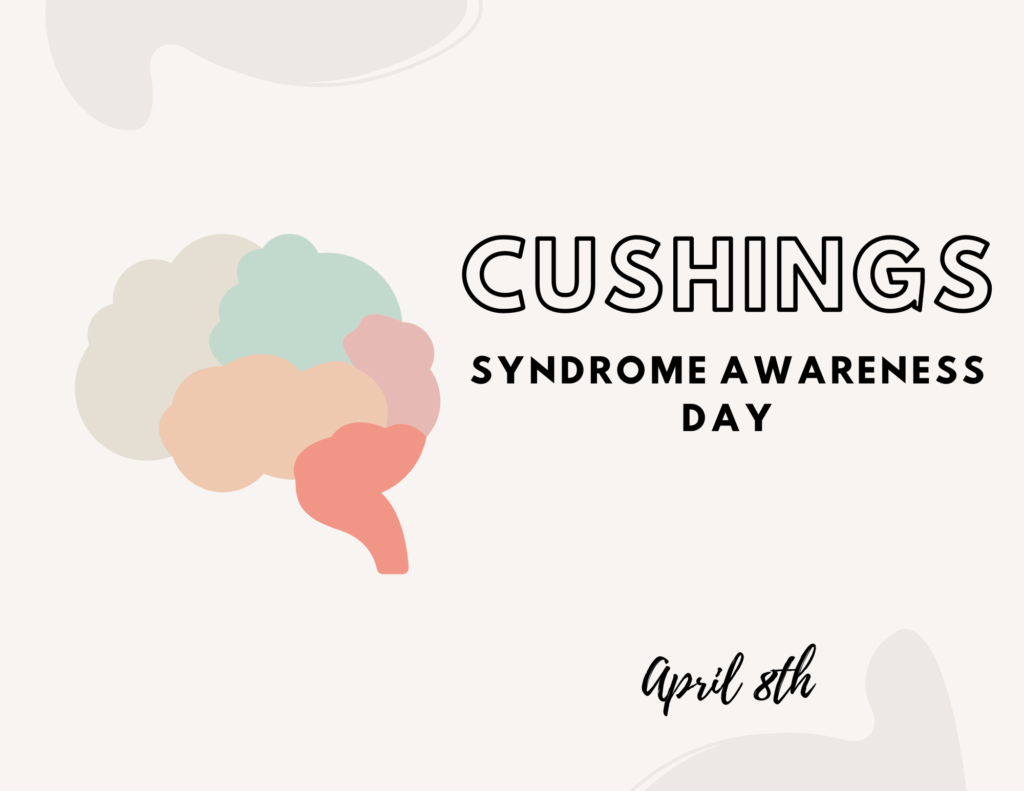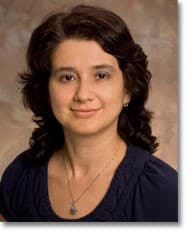
The greatest of follies is to sacrifice health for any other kind of happiness.
-Arthur Schopenhauer


PNA Spotlight: Dr. Adriana G. Ioachimescu
This month the PNA Spotlight focuses on Adriana G. Ioachimescu, MD, PhD, FACE Professor of Medicine (Division of Endocrinology and Molecular Medicine) and Neurosurgery at the Medical College of Wisconsin, a lifetime professional member of the PNA.
Dr. Ioachimescu was a Professor of Medicine in Endocrinology and Neurosurgery at the Emory University School of Medicine. Dr. Ioachimescu was also co-director and co-founder of the Emory Neuroendocrine Pituitary Center and a consulting editor at Endocrinology and Metabolism Clinics. Previously she worked at Carol Davila University in Bucharest, Romania, and at the Cleveland Clinic.
Dr. Ioachimescu was born in Bucharest, Romania and earned her PhD in Neuroendocrinology from Carol Davila University of Medicine. She completed an internship in internal medicine at Danbury Hospital and then a fellowship in Endocrinology at the Cleveland Clinic. She did residencies in internal medicine at Carol Davila University, Yale University and the Cleveland Clinic.
Dr. Ioachimescu was kind enough to respond to a few questions from the PNA:

PNA Medical Corner: Machine Learning and Pituitary Surgery
An article co-authored by multiple members of the PNA (Including Drs. Samson, Chaichana, and Quinones-Hinojosa) looks at the role of machine learning in forecasting outcomes of pituitary surgery. They conclude that it is not ready yet as no model achieved clinical applicability.
https://pubmed.ncbi.nlm.nih.gov/36979305/
Abstract
Background: The complex nature and heterogeneity involving pituitary surgery results have increased interest in machine learning (ML) applications for prediction of outcomes over the last decade. This study aims to systematically review the characteristics of ML models involving pituitary surgery outcome prediction and assess their reporting quality.
Methods: We searched the PubMed, Scopus, and Web of Knowledge databases for publications on the use of ML to predict pituitary surgery outcomes.



Copyright © 2024 Pituitary Network Association All rights reserved.
Disclaimer: PNA does not engage in the practice of medicine. It is not a medical authority, nor does it claim to have medical expertise. In all cases, PNA recommends that you consult your own physician regarding any course of treatment or medication.
Our mailing address is:
Pituitary Network Association
P.O. Box 1958
Thousand Oaks, CA 91358
(805) 499-9973 Phone - (805) 480-0633 Fax
Email [email protected]
You are receiving this Newsletter because you have shown interest in receiving information about our activities.
If you do not want to receive any more emails from PNA, Unsubscribe.
